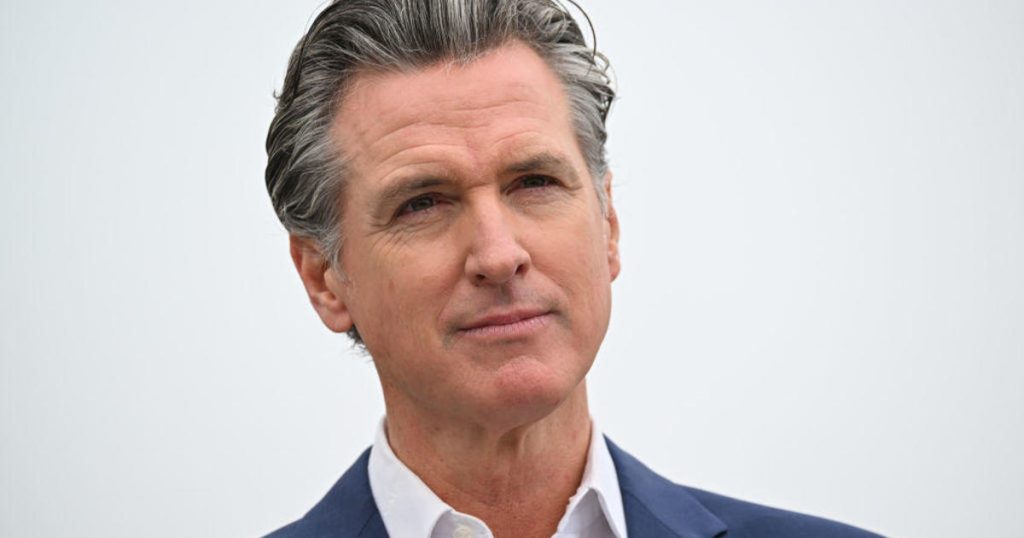California Gov. Gavin Newsom vetoed a bill aimed at regulating large artificial intelligence models in the state. The decision is seen as a blow to efforts to establish safety measures for the rapidly evolving AI industry. The bill would have been the first of its kind in the nation and supporters believed it could pave the way for AI safety regulations across the country. However, Newsom stated that the bill could have a chilling effect on the industry by imposing rigid requirements that did not consider the specific use cases of AI models.
Instead of signing the bill, Newsom announced that the state will work with industry experts to develop guardrails around powerful AI models to reduce potential risks. The measure would have required companies to test their AI models and disclose their safety protocols to prevent harmful uses. Supporters of the bill, including Elon Musk and Anthropic, believed it could bring transparency and accountability to large-scale AI models, which are currently not fully understood by developers and experts. The legislation was part of a larger effort by California lawmakers to regulate AI, fight deepfakes, and protect workers from potential risks posed by AI technologies.
The bill targeted AI systems that required more than $100 million to build, although no current models have reached that threshold. Experts believed that the industry’s rapid growth could lead to models hitting this threshold in the near future. The United States is behind Europe in regulating AI, and while the California proposal was not as comprehensive, it was seen as a step in the right direction to establish guardrails around the technology to address concerns about job loss, misinformation, privacy invasions, and automation bias. Critics, including former U.S. House Speaker Nancy Pelosi, argued that the bill would harm California’s tech industry and hinder innovation.
Newsom’s decision to veto the bill was seen as a win for big tech companies and AI developers who lobbied against the proposed regulations alongside the California Chamber of Commerce. Two other AI proposals that faced opposition from the tech industry also died before reaching a legislative deadline. These bills would have required AI developers to label AI-generated content and ban discrimination in AI tools used for employment decisions. Newsom’s decision marks a setback for those advocating for AI regulations in California, as the state continues to grapple with the challenges posed by the rapidly advancing technology.














